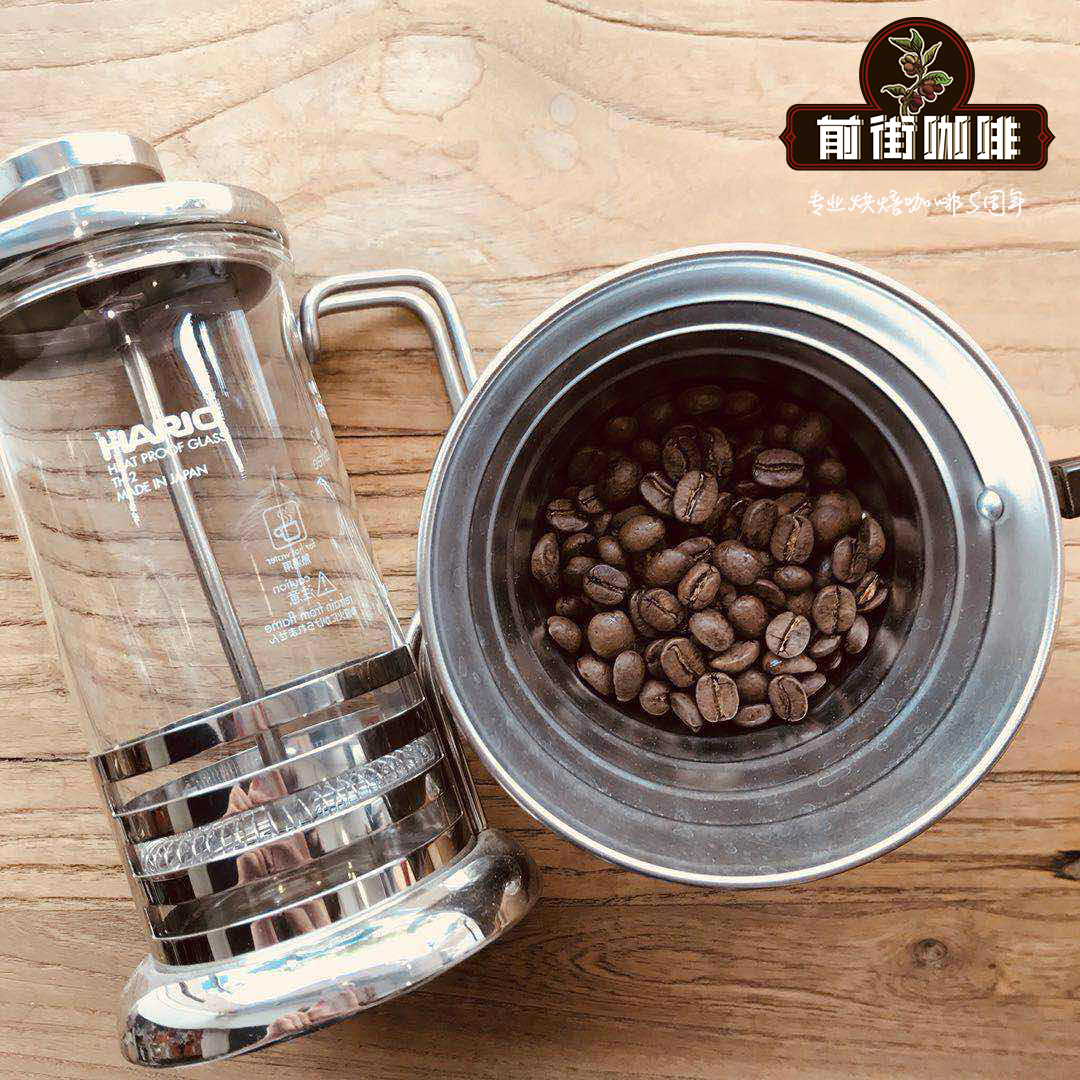Is there a cup of coffee in Congo? What kind of plants does the Kawakabua Cooperative in North Kiev grow in Bourbon?

Professional coffee knowledge exchange more coffee bean information please follow the coffee workshop (Wechat official account cafe_style)
Is there a cup of coffee in Congo? What are the planting environment and flavor characteristics of the washout bourbon in Lake Kawakabua, North Kiev?
Name: Lake Kiev, North Congo
Country of origin: Congo
Manor: Wakabua Cooperative
Altitude: 1450-1500 m
Variety: bourbon
Treatment: washing
Flavor highlights: grass, sweet citrus fruits, chocolate malt syrup
The Democratic Republic of the Congo is located in central Africa, the equator runs through the north-central part, and the local forest cover is about 58.7%, making it the seventh largest tropical forest in the world.
Agricultural products are also rich, most of which are tropical crops. The border accounts for the vast majority of the Congo basin, and the depression in the center of the basin floor is about 300m above sea level, suitable for growing coffee in Robusta; to the east is the volcanically active edge of the African graben, near Lake kivu, which is about 1460 meters above sea level. The coffee beans in the kivu-producing area of Congo get their name from Lake Kivu on the border with Rwanda.
Kivu is bordered by Uganda, Rwanda and Burundi to the west and Lake Tanganyika to the east. The tropical plateau surrounding Lake Kivu, with an average annual temperature of about 19 degrees Celsius, enjoys a warm and humid climate, fertile land and a geographical environment similar to that of neighboring outstanding Arabica coffee producers such as Kenya, Rwanda and Tanzania. Once upon a time, the performance of coffee in this area was even comparable to that of Kenya, where many coffee plantations were established when it was colonized by Belgium at the beginning of the 20th century.
Congo, the name may give you a masculine impression, but it is a supple coffee bean, a hint of fruit and acidity and nuts, cocoa, and a hint of tobacco.
Important Notice :
前街咖啡 FrontStreet Coffee has moved to new addredd:
FrontStreet Coffee Address: 315,Donghua East Road,GuangZhou
Tel:020 38364473
- Prev

Hiro Coffee from Lake Attila, Guatemala, how to drink Guatemalan coffee?
Professional Coffee knowledge Exchange more information on coffee beans Please follow Coffee Workshop (official Wechat account cafe_style) Heloro Coffee comes from three active volcanoes, one of the most beautiful in the world, on the hillside around the Attland Lake region, due to the proximity to three active volcanoes, the soil is rich in volcanic ash. The producing area of Lake Attila has a very unique microclimate and is very hot during the day.
- Next

Guatemala single coffee beans boutique coffee Beautiful Manor, Big Portley Manor what are the washed beans?
Professional coffee knowledge exchange more coffee bean information please follow the coffee workshop (Wechat official account cafe_style) Guatemala individual coffee beans boutique coffee Beautiful Manor, Big Portley Manor what are the flavor and taste characteristics of washed beans? Finca La Hermosa of the Beautiful Manor in Guatemala, Plan de La Vega of the La Vega Project and Gra of the Grand Portley Manor in Honduras
Related
- Detailed explanation of Jadeite planting Land in Panamanian Jadeite Manor introduction to the grading system of Jadeite competitive bidding, Red bid, Green bid and Rose Summer
- Story of Coffee planting in Brenka region of Costa Rica Stonehenge Manor anaerobic heavy honey treatment of flavor mouth
- What's on the barrel of Blue Mountain Coffee beans?
- Can American coffee also pull flowers? How to use hot American style to pull out a good-looking pattern?
- Can you make a cold extract with coffee beans? What is the right proportion for cold-extracted coffee formula?
- Indonesian PWN Gold Mandrine Coffee Origin Features Flavor How to Chong? Mandolin coffee is American.
- A brief introduction to the flavor characteristics of Brazilian yellow bourbon coffee beans
- What is the effect of different water quality on the flavor of cold-extracted coffee? What kind of water is best for brewing coffee?
- Why do you think of Rose Summer whenever you mention Panamanian coffee?
- Introduction to the characteristics of authentic blue mountain coffee bean producing areas? What is the CIB Coffee Authority in Jamaica?

